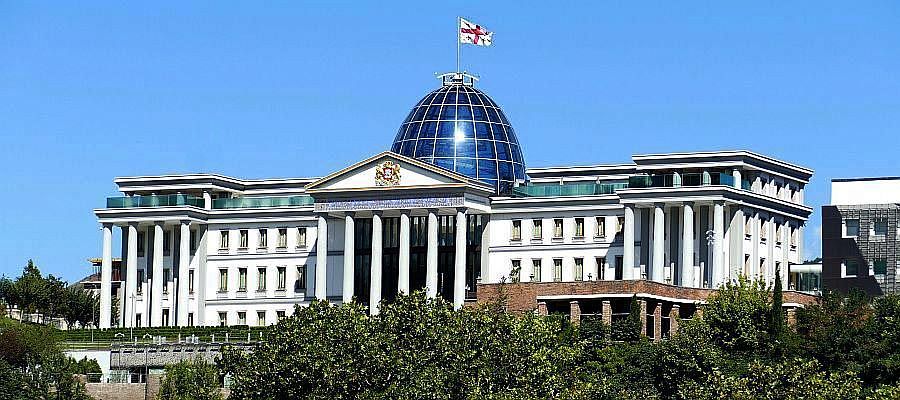Brussels, July 14 - Neftegaz.RU. The combination of Covid-19 confinement measures and unusually good weather triggered a highly volatile Q1 of 2020 for Europe’s energy markets, according to the Commission’s quarterly reports on gas and electricity markets published today.
It was a particularly turbulent 3 months for both supply and demand, the net impact of which was a record high (40%) for the quarterly share of renewables in electricity generation, and a record low (33%) for the share of fossil fuels. In addition to this, sales of electric vehicles doubled relative to the same period in 2019.
The widespread Covid-related lockdown measures imposed around the EU in March – in combination with a relatively warm and windy winter – led to a 3% reduction in electricity consumption in the EU27 in Q1 2020 (year-on-year) and a sharp drop in demand for gas in the industrial sector. And the trend is likely to be even more marked in the Q2.
The electricity market report highlights a dramatic change in the structure of the EU27 power mix – with on the one hand a 30% drop in coal generation (-38TWh) relative to the Q1 of 2019 and a -3TWh fall in gas, and on the other hand a surge in renewables production achieving a 40% share in the power mix, the highest quarterly figure to date. Overall, the share of electricity generated by burning coal, gas and oil declined from 38% in Q1 2019 to 33% in Q1 2020. This is the lowest quarterly figure on record.
As a result of falling demand and rising renewable generation, day-ahead electricity prices plunged across the continent, bottoming out in April at all-time lows. The decline in forward prices, which form an important component of retail prices, was much less pronounced.
The gas report also illustrates a volatile quarter. Energy prices, including natural gas, underwent a steep fall, and the EU gas import bill fell below €10 billion, which was the lowest quarterly total in the last 6 years.
Gas prices in the EU were impacted by increasing LNG imports and intensive storage withdrawals, ensuring abundant supply on the market, whereas demand for gas was limited by mild weather, resulting in less heating needs, and decreasing need for gas in the electricity sector, owing to high shares of renewables in power generation in Q1 2020.
Russia remained the most important pipeline gas supplier for the EU in Q1 2020, however, its share fell to 40% in the total EU imports, and the gas transit volumes through Ukraine fell by 49% year-on-year, as Gazprom preferred to sell gas from EU storages rather than shipping through Ukraine.
LNG shipments accounted for a new record (28%) of EU gas imports. At the end of March, gas storage levels in the EU stood at 54% - the highest seasonal figure for 9 years.
1943
EU market reports highlight turbulent quarter for electricity and gas








